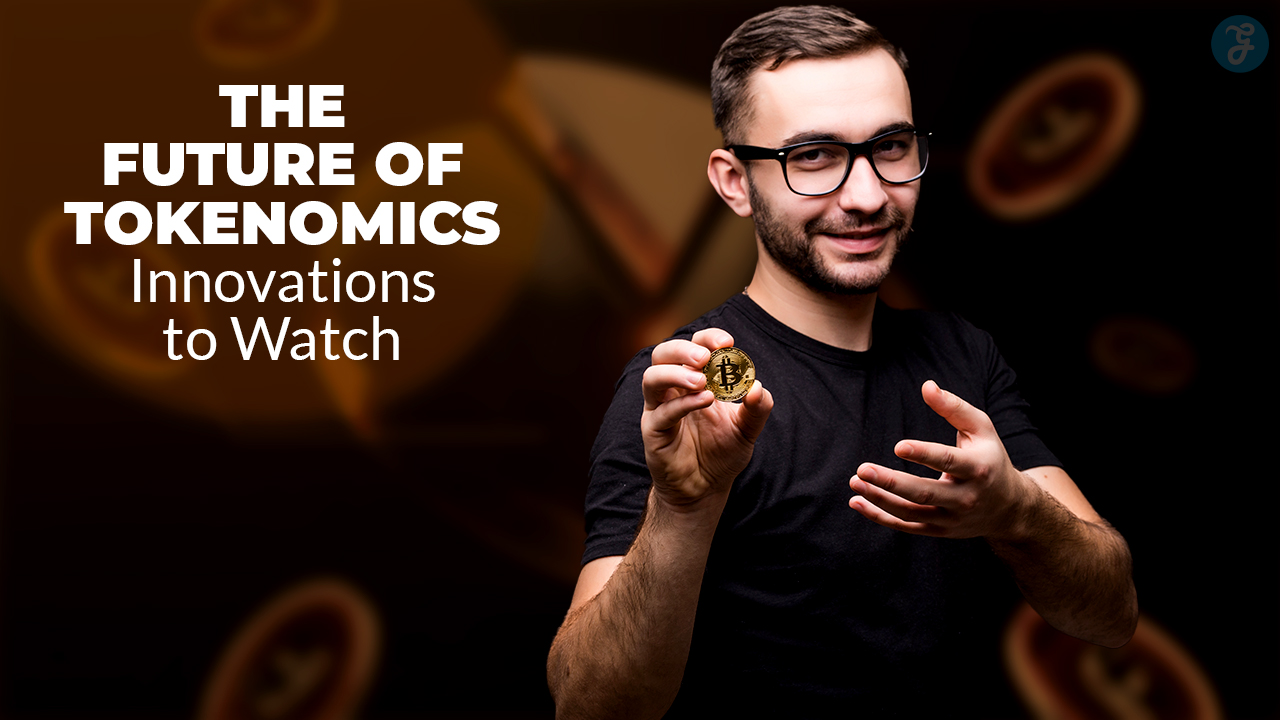OpenAI, the innovative company behind revolutionary AI models like ChatGPT, GPT-4, and DALL-E3, is taking a bold step towards self-reliance in AI hardware. Faced with a significant shortage of graphic processing units (GPUs) essential for developing its advanced AI technologies, OpenAI is exploring the development of its custom AI chips.
This strategic move aims to overcome the bottlenecks caused by the high demand and limited availability of GPUs. By securing a stable supply of critical components, OpenAI hopes to maintain its competitive edge and continue pushing the boundaries of AI innovation.
The initiative involves discussions with leading chip designers, recruitment of top talent, and potential collaborations with major semiconductor manufacturers. As the demand for specialized AI chips continues to surge, OpenAI’s efforts to develop proprietary hardware could have far-reaching implications for the future of AI technology.
Discussions with Chip Designers
OpenAI is actively discussing with several leading chip designers, including Broadcom, to develop a new AI chip. This initiative is part of OpenAI’s broader strategy to mitigate the ongoing shortage of expensive GPUs, which are crucial for creating and running its advanced AI models such as ChatGPT, GPT-4, and DALL-E3.
The shortage has been a significant bottleneck, impacting the scalability and efficiency of AI operations. By collaborating with established chip designers, OpenAI aims to secure a more reliable supply of these essential components, ensuring its technological advancements are not hampered by hardware limitations.
The move highlights OpenAI’s proactive approach to tackling supply chain challenges and its commitment to maintaining a competitive edge in the AI industry. Developing proprietary AI chips would also enable the company to optimize performance and reduce operational costs associated with third-party GPUs.
These discussions underscore the importance of strategic partnerships in addressing the infrastructural needs of cutting-edge AI development. As OpenAI continues to push the boundaries of what AI can achieve, ensuring a stable supply of high-performance chips will be crucial for sustaining its growth and innovation trajectory.
Hiring Former Google Employees
In a significant strategic move, OpenAI has onboarded former Google employees who played a pivotal role in developing the tech giant’s AI chip, the tensor processing unit (TPU). This recruitment drive will leverage their expertise to establish OpenAI’s AI server chip.
These hires bring invaluable experience in AI chip design and development, which is crucial for OpenAI’s ambitious plans to create its hardware solutions. The move underscores OpenAI’s commitment to building a robust team capable of overcoming custom chip development’s technological and logistical challenges.
By tapping into the knowledge and skills of these seasoned professionals, OpenAI aims to accelerate its efforts to produce a chip explicitly tailored to its AI workloads. This initiative enhances the company’s technical capabilities and reduces its reliance on external suppliers, providing greater control over its supply chain.
Hiring top talent from industry leaders like Google reflects OpenAI’s strategic focus on innovation and excellence in AI technology. This approach positions OpenAI to meet the growing demands of AI applications better and maintain its leadership in the competitive AI landscape.
Ambitious Plans for Semiconductor Manufacturing
OpenAI CEO Sam Altman has outlined ambitious plans to raise billions of dollars to establish semiconductor manufacturing facilities. This strategic move aims to address the critical shortage of GPUs that are essential for AI development.
Altman’s vision involves partnering with major industry players such as Intel, Taiwan Semiconductor Manufacturing Co (TSMC), and Samsung Electronics. By setting up these facilities, OpenAI hopes to secure a more stable and scalable supply of AI chips, reducing its dependency on third-party suppliers like Nvidia.
Establishing these manufacturing capabilities is expected to significantly enhance OpenAI’s ability to meet the growing demand for AI technologies. This initiative represents a substantial investment in the future of AI hardware and underscores OpenAI’s commitment to innovation and self-reliance.
Altman’s plans reflect a strategic foresight aimed at ensuring that OpenAI can continue to develop and deploy advanced AI models without being hindered by hardware shortages.
The potential partnerships with leading semiconductor manufacturers highlight the collaborative approach OpenAI is taking to achieve its ambitious goals.
Conversations with Industry and Government Stakeholders
OpenAI is engaged in ongoing conversations with industry and government stakeholders to increase access to the necessary infrastructure for AI development. These discussions are crucial for ensuring that the benefits of AI are widely accessible and that the infrastructure can support the rapid advancements in AI technology.
A spokesperson for OpenAI mentioned that these conversations aim to address the infrastructural challenges of scaling AI technologies. By collaborating with industry leaders and policymakers, OpenAI aims to create a more supportive environment for AI innovation.
This proactive engagement is essential for overcoming the logistical and regulatory hurdles of AI development. Ensuring a stable and scalable infrastructure is vital for the continued growth and deployment of AI applications.
These conversations also highlight the importance of public-private partnerships in advancing technological frontiers. OpenAI’s efforts to engage with stakeholders reflect its commitment to responsible AI development and its strategic approach to ensuring long-term success.
By building solid relationships with key players in the industry and government, OpenAI is positioning itself better to navigate the complex landscape of AI infrastructure needs.
Evaluating Acquisition Targets
As part of its strategy to develop custom AI chips, OpenAI has evaluated potential acquisition targets. This approach could expedite building its chips, similar to how Amazon acquired Annapurna Labs to enhance its chip development capabilities.
While OpenAI has not yet decided to move forward with an acquisition, this consideration highlights its proactive approach to securing its hardware requirements. Evaluating potential targets is part of a broader strategy to reduce dependency on external suppliers and enhance control over its technological infrastructure.
Acquiring a chip company could provide OpenAI with the expertise and resources to accelerate its chip development efforts. This move underscores the company’s commitment to investing in its long-term technological capabilities.
By acquiring a chipmaker, OpenAI could significantly reduce the time and costs of developing custom chips from scratch. This strategic consideration reflects OpenAI’s focus on innovation and self-sufficiency in the rapidly evolving AI industry.
Even if an acquisition does not materialize, the evaluation process provides valuable insights and options for the company’s development plans.
Challenges and Potential Impact
Developing custom AI chips presents significant challenges and potential impacts for OpenAI. The initiative involves substantial financial investment and technological risk, with industry veterans estimating costs could reach hundreds of millions of dollars annually.
Despite these challenges, the potential benefits of custom AI chips are considerable. Custom chips could provide optimized performance explicitly tailored to OpenAI’s needs, enhancing the efficiency and scalability of AI applications.
However, the path to success is fraught with difficulties, including chip design and manufacturing complexities. Even with substantial resources, there is no guarantee of success. The effort to develop custom chips will likely take several years, during which OpenAI will continue to rely on commercial providers like Nvidia and AMD.
The potential impact of successful custom chip development could be transformative, offering OpenAI greater control over its hardware and reducing operational costs. However, the risks involved mean that careful planning and execution are crucial.
The initiative underscores OpenAI’s commitment to innovation and willingness to undertake significant challenges to secure its technological future.
Demand for Specialized AI Chips
The demand for specialized AI chips has soared since the launch of ChatGPT, highlighting the critical role these components play in AI development. AI accelerators are specific types of chips designed to enhance AI performance and are essential for training and running advanced generative AI models.
Nvidia currently dominates the market for these chips, controlling over 80% of the global market. This dominance has led to significant supply chain challenges for companies like OpenAI that rely heavily on Nvidia’s GPUs.
As the demand for AI technologies grows securing a stable supply of specialized chips becomes increasingly essential. OpenAI’s initiative to develop its own AI chips reflects a broader trend among tech giants to gain control over their hardware components.
Companies like Google and Amazon have invested significantly in custom chip development to meet their needs. By developing its chips, OpenAI aims to reduce its dependency on external suppliers and ensure a more reliable supply of critical components. This move is essential for sustaining the rapid growth and innovation in the AI industry.
Final Thoughts
OpenAI’s exploration of developing its own AI chips is a strategic move aimed at addressing the critical shortage of GPUs and securing its technological future. By hiring top talent, engaging with industry leaders, and evaluating potential acquisitions, OpenAI is positioning itself to overcome current challenges and continue pioneering AI work.
Developing custom AI chips could significantly enhance the efficiency and scalability of OpenAI’s AI models, providing a competitive edge in the rapidly evolving AI landscape. As demand for AI technologies grows, ensuring a stable supply of specialized chips is crucial for sustaining innovation.
OpenAI’s efforts to develop its chips reflect its commitment to self-reliance and long-term success. However, the initiative involves significant financial investment and technological risk, requiring careful planning and execution.
By leveraging strategic partnerships and industry expertise, OpenAI aims to navigate these challenges and secure its position as a leader in AI technology.
The potential impact of successful custom chip development could be transformative, offering greater control over hardware and reducing operational costs, ultimately driving the future of AI innovation.







































